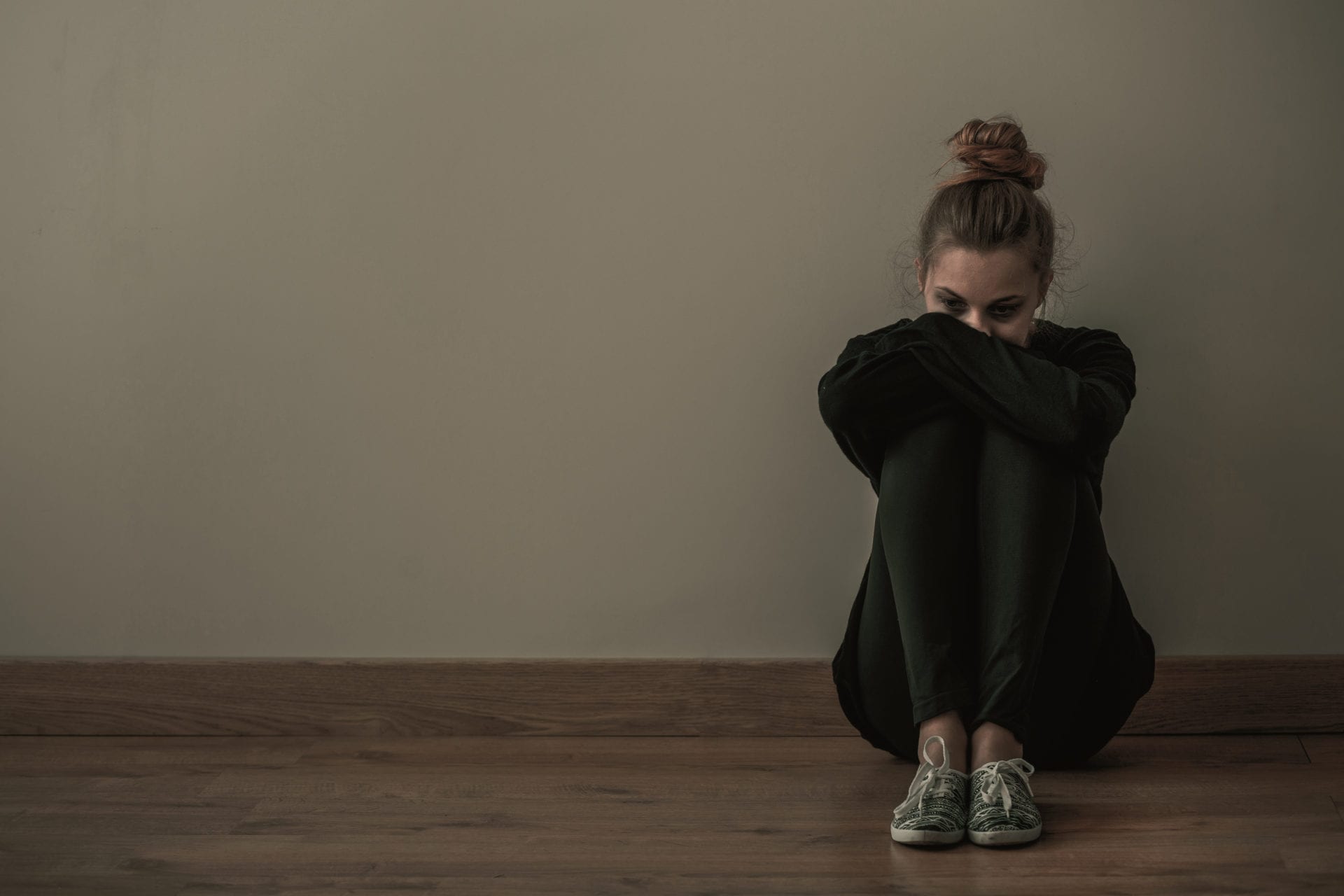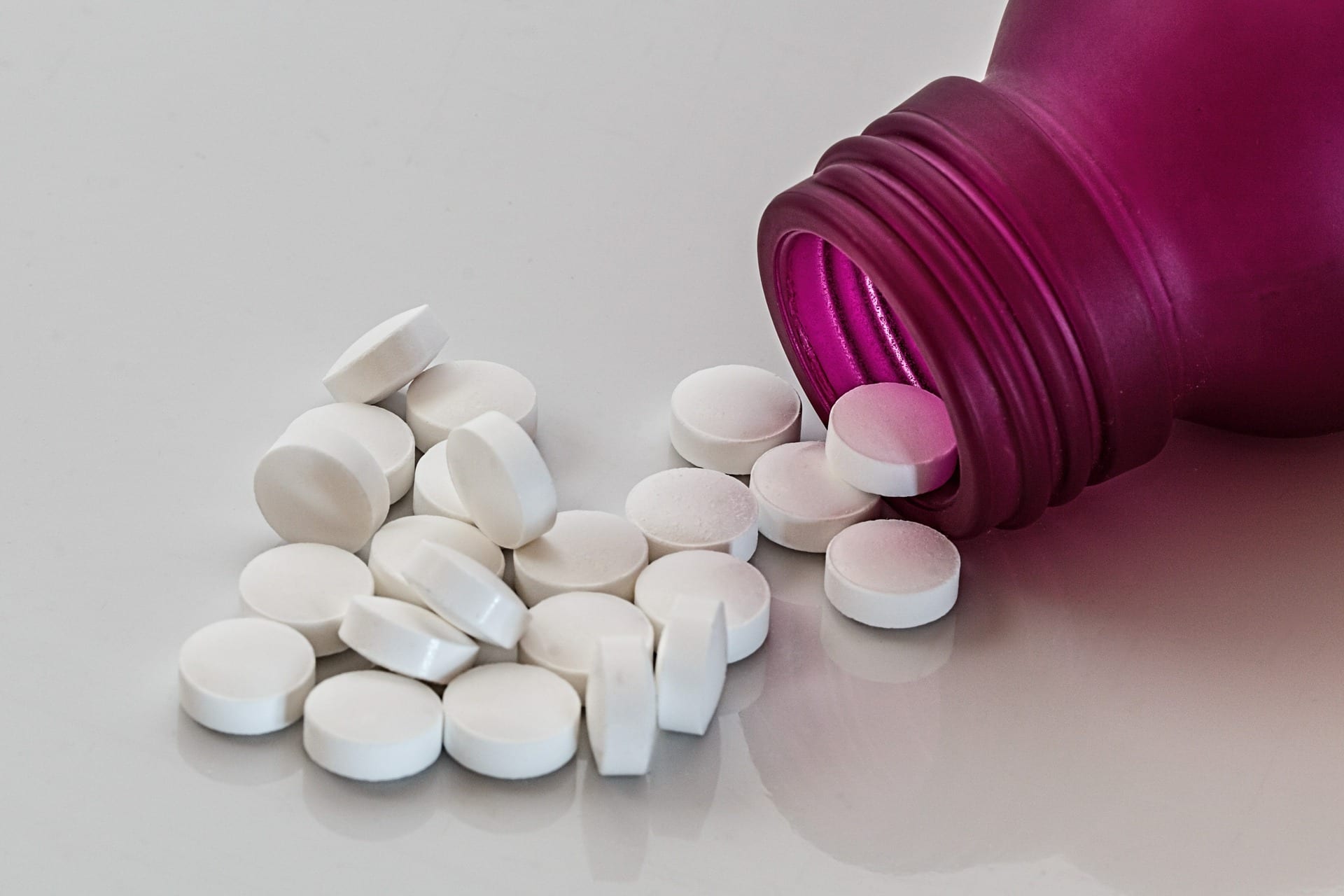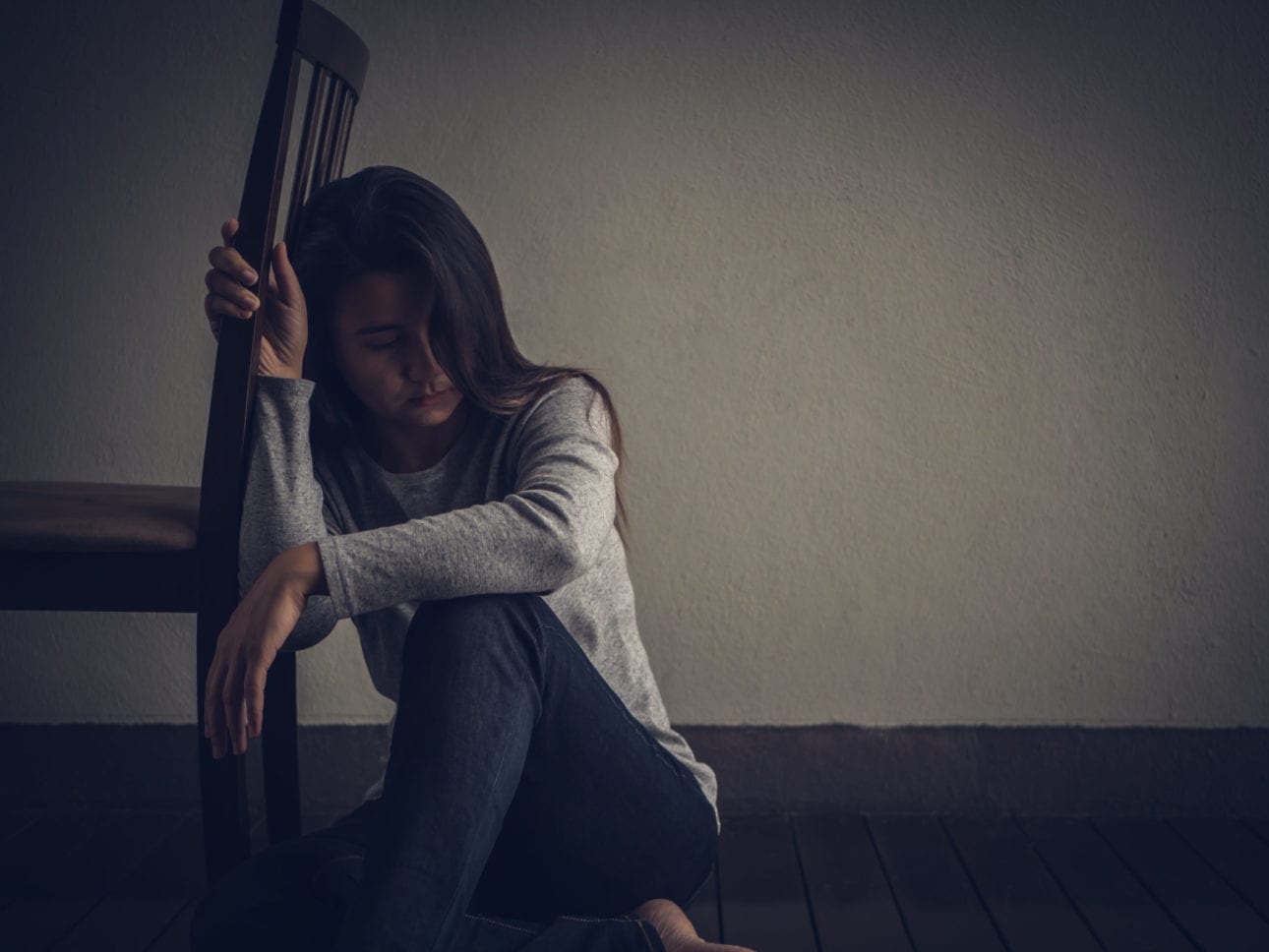PTSD, also known as post traumatic stress disorder, is often linked with addiction and substance abuse disorders. If you aren’t familiar with PTSD or addiction, or how the two can be intertwined, Anchored Tides Recovery is here to share with you more information regarding the two disorders.
—–
Evelyn lost her parents at the age of 8 to a terrible accident. Since then, she has suffered several panic attacks and exhausting emotional outbursts.
Some nights, she hardly sleeps. And some days, anxiety and depression disconnect her from friends and family.
To cope with loneliness and feelings of depression and anxiety, she started experimenting with drugs and alcohol, and eventually became addicted to these substances.
This is just one of the many examples of a person experiencing PTSD and addiction. Most people who, at any point in their lives, suffered trauma can often overcome the experience on their own. However, when PTSD ensues, the symptoms hardly go away.
What is PTSD and Addiction?
PTSD (post-traumatic stress disorder) is a mental health and anxiety disorder. It happens when a person witnesses or experiences a life-threatening or traumatic event. Examples of such events are:
- The death of loved ones
- Sexual abuse
- Physical abuse
- Fatal accidents and injuries
- Natural disasters
- War
- Terrorist attacks
Sadly, you don’t need to have to witness any of the events above before suffering PTSD. You might develop PTSD when a loved one experiences life-endangering occurrences.
In another case, having a history of mental illness can also lead to PTSD. And if you’re a woman, the chances of having PTSD are unfortunately higher. According to the National Institute of Mental Health, women are more likely to develop PTSD than men.
How to Tell If You Have PTSD
When a person suffers PTSD, they may display specific symptoms. The common symptoms include (but are not limited to):
- Panic attacks
- Insomnia and nightmares
- Persistent anger
- Mood swings
- Excessive agitation and fear
Some people with PTSD may turn to alcohol and drugs to manage and cope with the symptoms, and ultimately end up becoming addicted to said substances. If you or someone you know is struggling with PTSD and addiction, please don’t hesitate to seek professional help.
At the earliest stages of PTSD with early intervention, it’s very possible to recover from PTSD without medications. However, when the symptoms of PTSD become disruptive and unmanageable, getting prescription drugs or treatments is a good option. Presently, the widely-approved medications for PTSD are antidepressants. Antidepressants are likely to suppress PTSD symptoms such as anger issues, fear, and agitation.
Another medication is Prazosin. It helps to suppress PTSD symptoms such as sleeplessness and nightmares.
How PTSD and Addiction Are Linked
The two disorders share a mutual link/nature. PTSD alters brain chemistry just as much as substance abuse.
For that reason, a singular trauma can simultaneously trigger PTSD and substance. And that is why substance abuse can lead to PTSD. Sudden withdrawal from drugs or alcohol will develop post-traumatic stress disorder in an addict.
Another connection between PTSD and substance abuse is PTSD medications. Indeed prescription drugs can help manage the symptoms of post-traumatic stress disorder. However, one of the dangers of prescription drugs is that people living with PTSD often abuse them. For example, antidepressants such as Ativan and Xanax (Benzodiazepines) tend to create a high feeling. If someone suffering from PTSD takes too much of those, they are at risk for developing an addiction.
Anchored Tides Recovery Can Help
Hope is not lost. Anchored Tides Recovery’s women’s drug rehab will help you live an addiction-free life. We are a comprehensive dual-diagnosis program created specifically for women who need help.
We provide different levels of addiction treatment services including an Intensive Outpatient Program, Women’s Partial Hospitalization Program, Outpatient Program, and an aftercare program. If you or your loved one is struggling with PTSD, contact us NOW and begin your journey to full recovery.






























